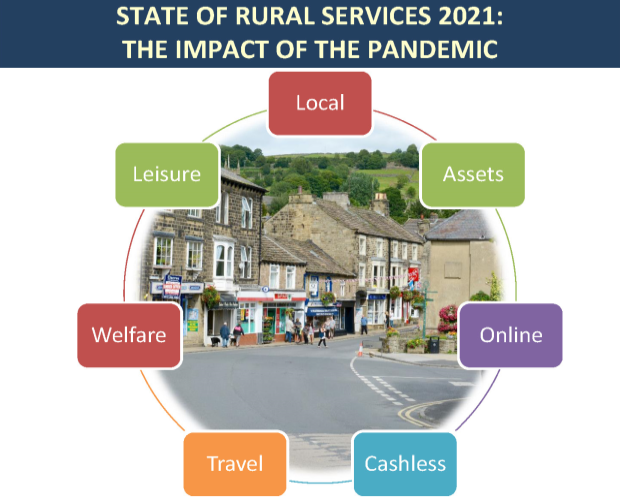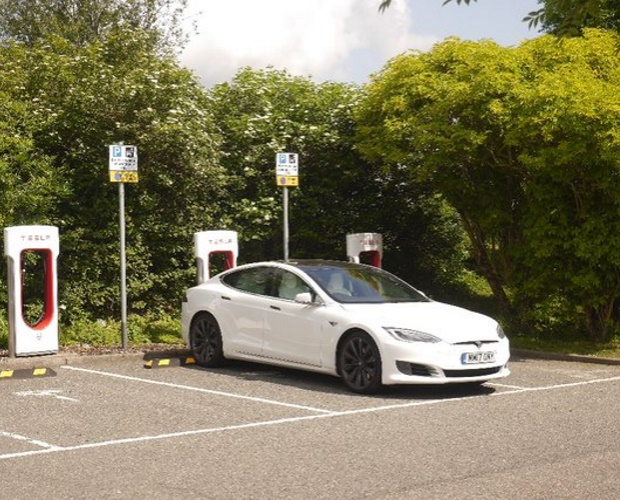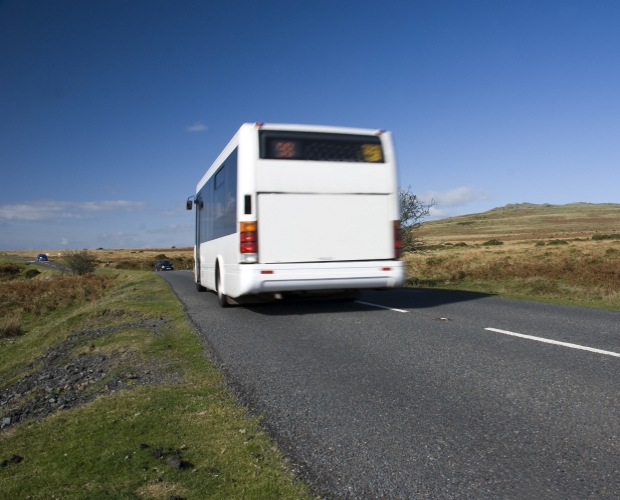T: 01822 851370 E: [email protected]
Visit RSN Survey about life in rural England to find out more.
The Northern Echo reports that a council aiming to restore and improve bus services across the whole of England's largest county has revealed it will consider introducing demand-responsive services in urban areas as well as market towns and rural areas...
New Civil Engineer reports that engineering consultancy firm, WSP, has been appointed to design a rural mobility strategy for the South West of England The strategy has been jointly commissioned by the Peninsula Transport and Western Gateway sub-national transport bodies...
Rural areas are facing a perfect storm when it comes to bus services. Already decimated by decades of cuts and a fall in passenger numbers, they now face a nation-wide shortage of drivers and Covid-related staff absences which have seen...
New research highlights growing rural-urban divide and calls on government to rural proof pandemic rebuild plans Many residents of England’s small towns and villages face being digitally excluded and locked out of key services as the nation builds back from...
Local Cumberland paper The News and Star reports on comments from Transport Minister Trudy Harrison MP (Con) revealing the Government’s areas of focus for reducing carbon emissions Mrs Harrison said that making transport greener is a top priority in efforts...
Country Living has published a report on the future of rural transport, where it describes how medical supplies will be dispatched by remote-controlled aircraft, villages linked by electric-bike lanes and farm produce delivered via an underground tunnel It notes how...
Darlington and Stockton Times reports that the organisers of pioneering rural transport YorBus, trialling one of the country's first on demand services, announced that there are now more than 450 active users The service runs between Bedale, Masham and Ripon...
BBC News reports that six major routes have been singled out for development as part of a regional transport plan for the next 30 years They were among 55 priorities identified as in need of investment by Transport East, which...
The Guardian reports that the prime minister’s plan to mandate electric car chargers across all new homes in England from next year risks making access to charge points “exclusive”, leaving behind motorists from poorer and rural areas Senior voices in...
The i News reports on new analysis by the County Councils Network revealing that there are more publicly available charging points in London than in the entirety of England’s counties, which are home to almost half of the country’s population...
NEWSLETTER
Sign up to receive all our latest news and updates.
HOT TOPICS
Amid reduced public spending, fair resource allocation across regions is crucial. Despite a population larger than Greater London, rural areas receive significantly less funding for essential services, even though delivering these services in rural areas is more expensive.
Economic growth is widely acknowledged as essential for national wealth and prosperity and is a priority for political parties. Rural economies, employing millions and home to a higher proportion of small businesses, have potential for growth if barriers are removed.
Rural residents face distinct healthcare challenges, including limited access to transport, longer distances to medical facilities, an aging demographic, housing inadequacies, digital connectivity gaps, and difficulties recruiting health and care workers.
Rural communities are grappling with a severe affordable housing crisis, marked by high house prices, a lack of affordable housing, elevated living costs, and lower incomes, threatening their sustainability and vitality.
Transport is vital for the quality of life and economic health of rural areas, yet it faces challenges such as infrequent public bus services and less Government funding compared to urban regions.
Rural areas, encompassing a substantial portion of England's population and land, play a pivotal role in combating climate change and achieving the net zero target.
In an increasingly digital world, the lack of robust digital infrastructure in rural areas severely limits access to crucial services and stifles economic growth.
A future-focused vision for rural communities involves not just building the right homes in the right places but also ensuring thriving, sustainable communities.
SIGN UP TO OUR NEWSLETTER
Sign up to our newsletter to receive all the latest news and updates.










